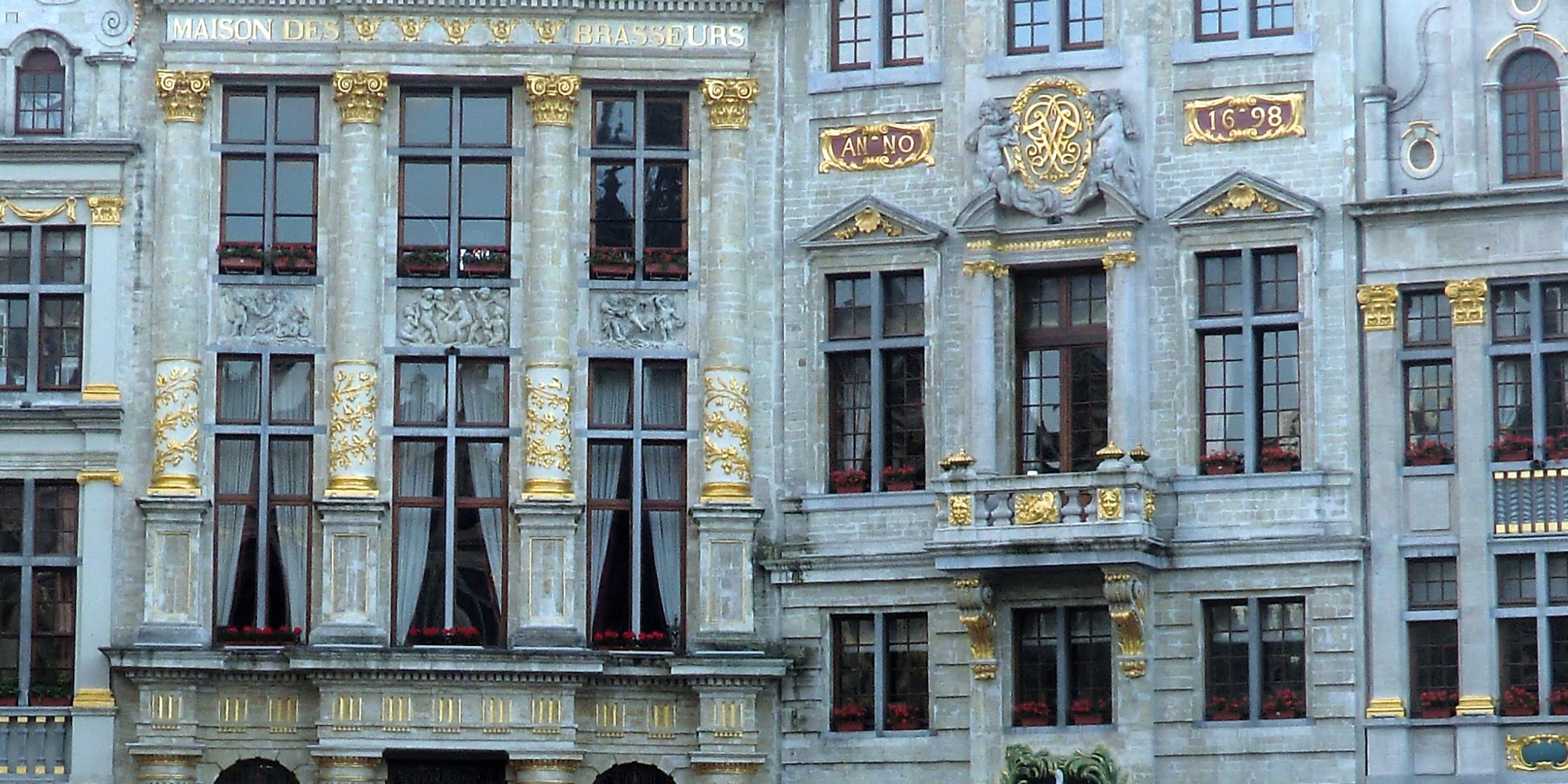My old chum (I think I can call him that now) Richard Bailey wrote a post for PR Academy last month about PR being a team game.
The comment I made at the time was that, while this is all well and good, it doesn’t cover utility players such as me. Or Paul Madeley. Not that I’m comparing myself to the great man, heaven forfend (though we are both from Leeds).
But the really obvious omission for me was the position you don’t see on the pitch: the manager.
I’ve led teams for events though I have not been fortunate to be a ‘proper’ manager. Yet. Haven’t given up hope there…
Every team needs a good manager, even ones that think they don’t. They are the person that takes care of all of the off-field activities (recruitment, signing timesheets, sitting in meetings with the FA) so that you can get on with flying down the left and pinging the crosses in.
I’ve met some great managers, including football ones. They trust the team to get one with it.
Equally, I’ve met some no-so-great ones, for different reasons such as micromanaging or – the worst sort – trying to be player-managers, and doing both roles poorly.
A good manager is as skilled as the rest of the team, and equally as qualified. In football, that means the UEFA B, A and Pro licences. In the world of PR that means some other qualification, such as a CIPR course on leadership or suchlike. They will have worked their way up through the ranks from smaller teams to larger ones until they get to apply their skills and experience in the top job. They may even be a former player themselves.
They set the direction of travel, lay out the tactics and formation, but never get to execute the plan themselves. They might be kicking every ball from their position on the touchline though, stepping in to pass on some advice if a player is looking a little lost. And they take the time for one one-to-one training (‘mentoring’, in the real world) when required.
A good manager is a specialist themselves, and they’re every bit as important as the specialists on the pitch. Just ask a team that doesn’t have one.

Thanks for playing along with this idea – and improving on it. I’d attempted to cover the manager role by merging it into the holding midfielder role. But a player-manager rarely succeeds other than in the short-term. So there is indeed a case to be made for a non-playing manager who sees the bigger picture and is not too involved in the day-to-day detail.